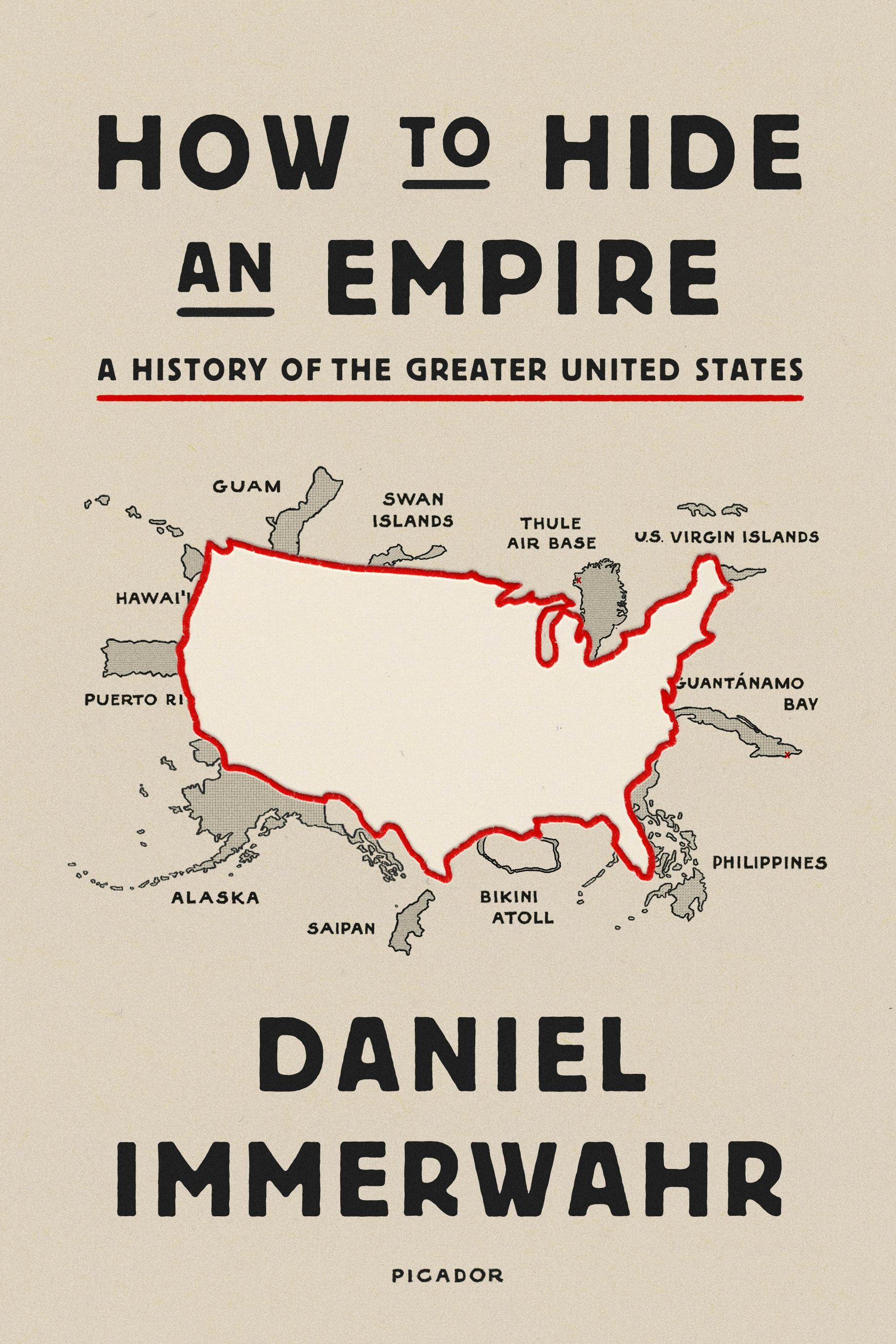Before Trump, was Greenland on the radar of American imperialists?
Greenland got much more interesting to the United States in the age of aviation, because if you draw the shortest plane routes from the continental United States to, for example, the Soviet Union, you’ll find that some of them passed near or over Greenland. So Greenland was an important Cold War site.
The United States stored nuclear weapons there. It also overflew weapons over Greenland:What that means is that planes would be kept aloft and ready to scramble into action in case the alarm was sounded. The film Dr. Strangelove has footage of such planes over Greenland.
There’s also a history of nuclear accidents on Greenland.
Nuclear accidents?
Three planes in the 1950s made emergency landings on Greenland while carrying hydrogen bombs. Something went wrong and the planes sort of skidded into a stop. In 1968 a B-52 flying over Greenland with four Mk-22 hydrogen bombs, didn’t land, it just crashed at more than 500 miles an hour, leaving a trail of debris five miles long. Jet fuel ignited and all of the bombs exploded. What happened in these cases is the bombs were destroyed in the process, but did not detonate. However, it was a near miss, and it is thinkable, given how bombs were constructed, that crashing into the ice at 500 miles an hour would have detonated bombs. You can see why [having nuclear weapons on the island] was a dangerous proposition for Europeans, and particularly for people in Greenland.
One of the other big announcements recently was Trump promising to rename the Gulf of Mexico the “Gulf of America.” You wrote in your book that the term America only really came into vogue as a shorthand around the time of Theodore Roosevelt. What’s the connection between that name and this sense of empire?
There was some—not a huge amount, but some—discussion in the early republic of what should the shorthand be. Columbia was a literary term that people used and showed up in a lot of 19th century anthems. Freedonia was tried out, as “the land of free,” but what’s interesting is that, from our perspective, the obvious shorthand—“America”—was not the dominant shorthand to refer to the United States throughout the 19th century. One reason for that is that leaders in the United States were fully aware that they were occupying a part of America and that there were other parts of America too. There were other republics in the Americas.
